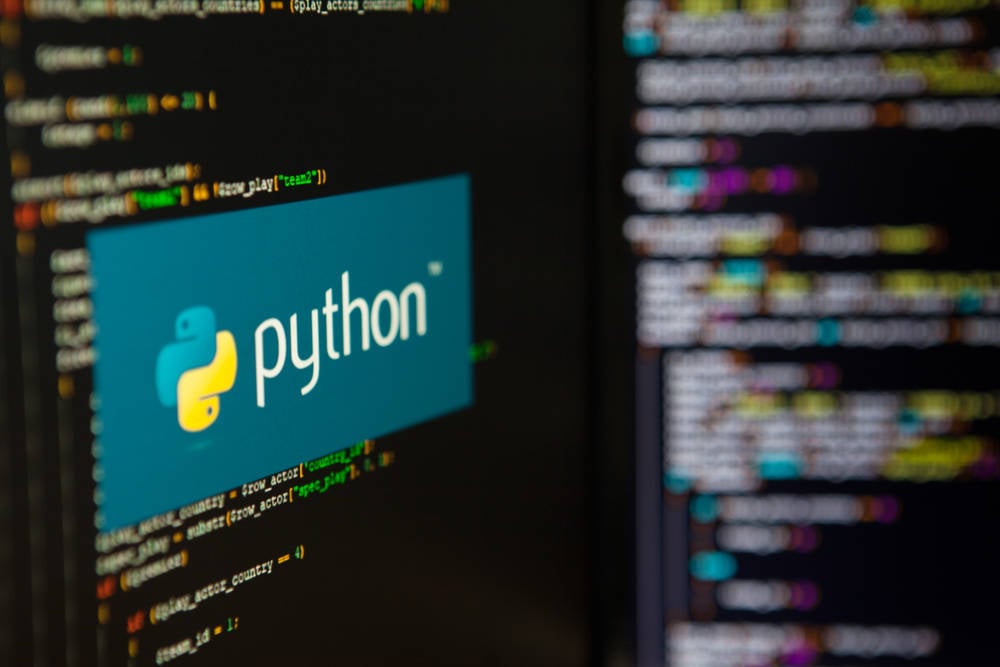Researchers at Seattle-based Protect AI have developed a cutting-edge tool named Vulnhuntr that leverages Anthropic’s Claude AI to detect zero-day vulnerabilities in Python codebases. Unveiled at the No Hat security conference in Italy, Vulnhuntr represents a significant advancement in cybersecurity tools by reducing the false positives and negatives typical of current static code analyzers.
Vulnhuntr improves upon traditional static analysis methods by analyzing entire call chains from user input to server output, rather than just isolated snippets of code. This method allows it to uncover complex, multi-step vulnerabilities that other tools might miss, such as those involving the `eval()` function. Interestingly, while the tool was initially optimized for Claude, it includes support for OpenAI’s GPT-4, which developers can easily integrate with a single line of code change.
So far, Vulnhuntr has successfully identified more than a dozen undisclosed zero-day vulnerabilities across several high-profile open-source projects on GitHub, including gpt_academic, ComfyUI, FastChat, and Ragflow. The tool focuses on detecting seven types of vulnerabilities that are exploitable remotely, enhancing its utility in securing web applications.
However, Vulnhuntr is not without limitations. It currently only supports Python and may generate false positives for projects incorporating other languages. Additionally, the creation of proof-of-concept (PoC) exploits, which include a confidence scoring system, still requires refinement based on the vulnerability analysis provided.
The potential of Vulnhuntr is vast, with its developers encouraging the community to modify and adapt the tool as new AI models emerge. This open-source approach could democratize security testing for developers worldwide, leading to safer software ecosystems.
For more details on Vulnhuntr and its capabilities, read the full story at The Register.
